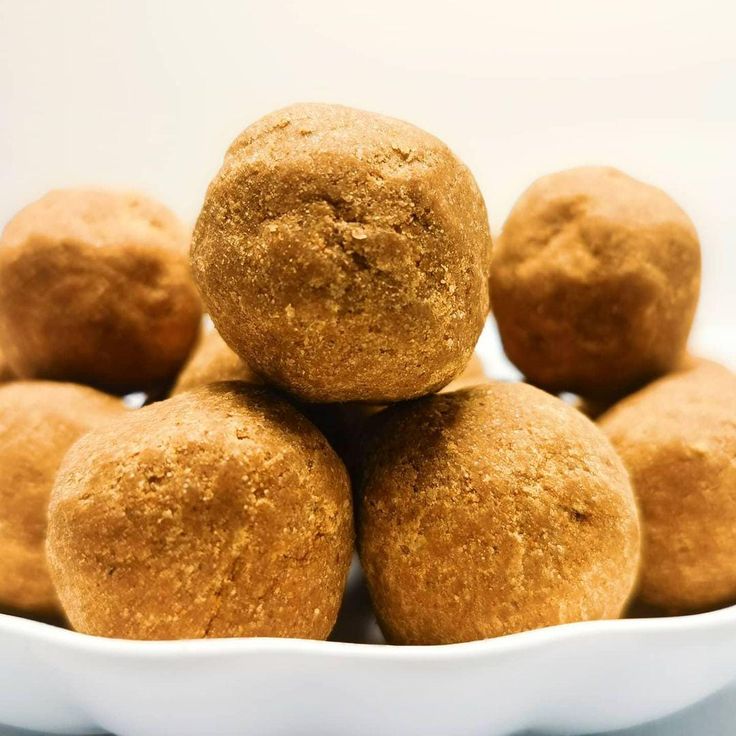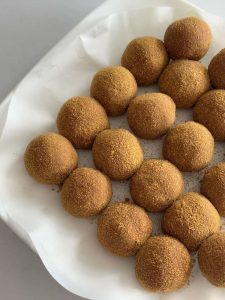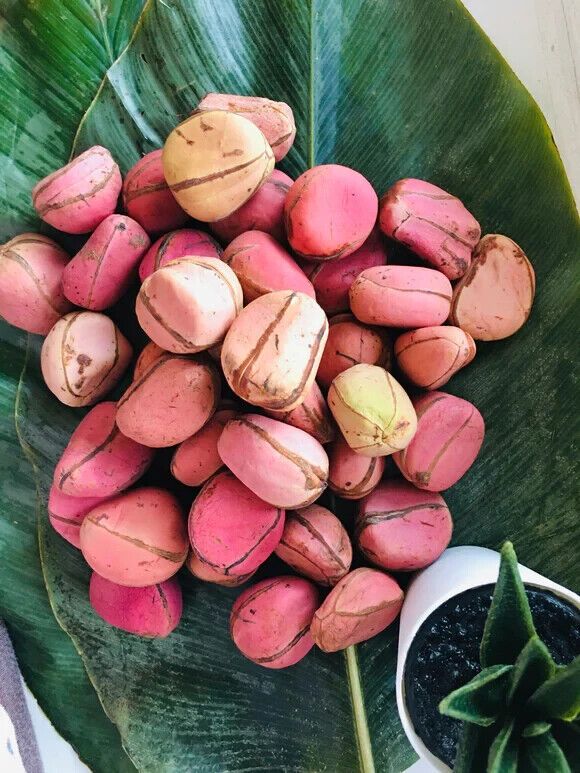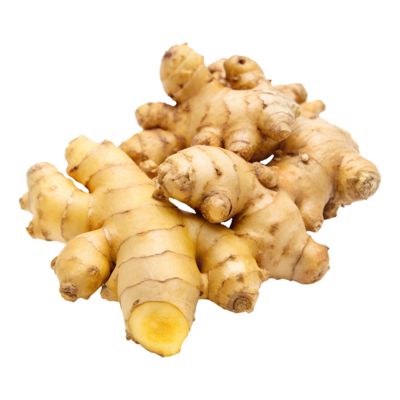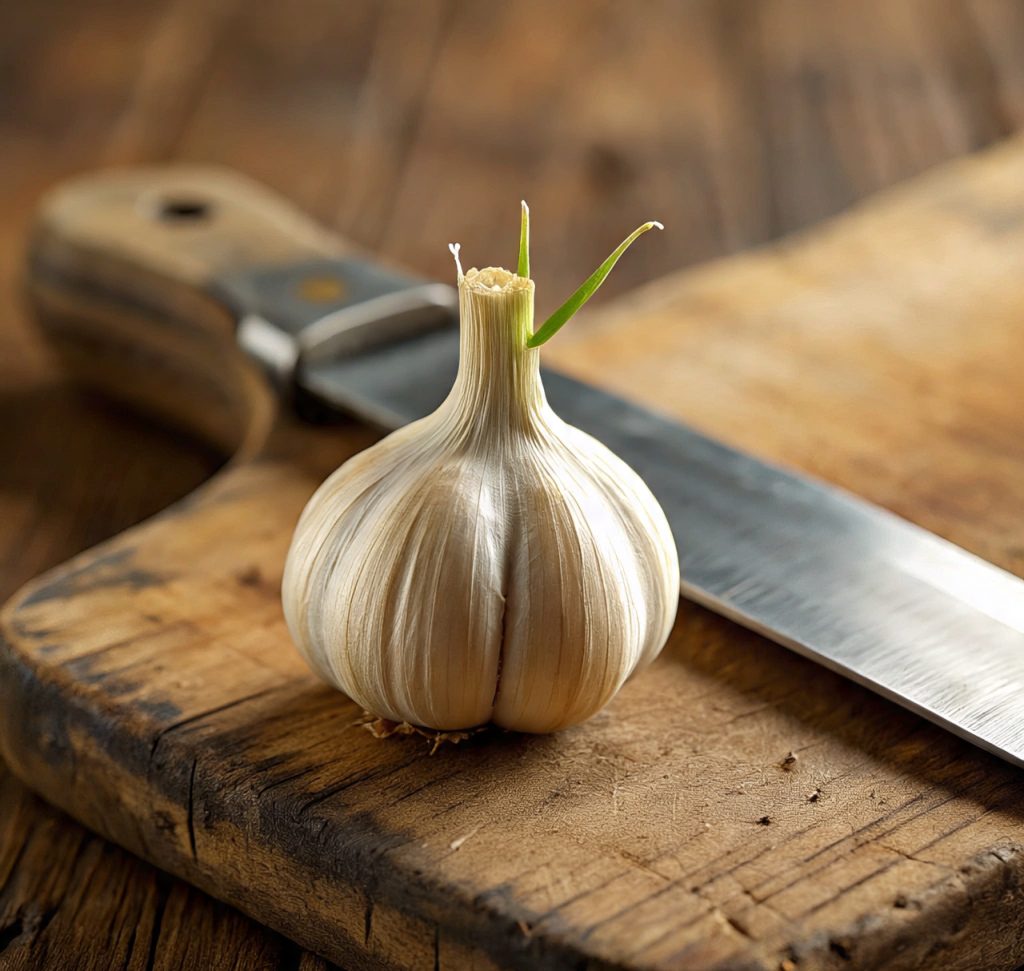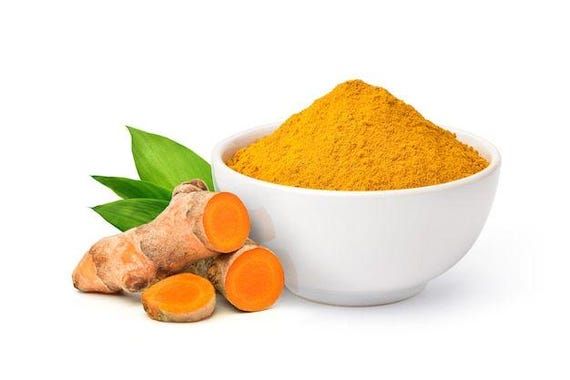What is Dankwa?
Dankwa is a traditional West African snack, particularly popular in Ghana and Nigeria. It is made from a simple but nutrient-rich combination of roasted cornmeal (or maize flour), groundnut (peanut) paste or powder, sugar, and sometimes spices like ginger or cloves. Shaped into small balls or cubes, Dankwa is a convenient, energy-dense snack that is loved by children and adults alike.
Dankwa is similar in concept to Kuli-Kuli (another groundnut-based snack), but its uniqueness comes from the addition of cornmeal, which gives it a grainy texture and distinctive taste. It is also sometimes referred to as “corn-peanut candy” due to its sweet and nutty flavor.
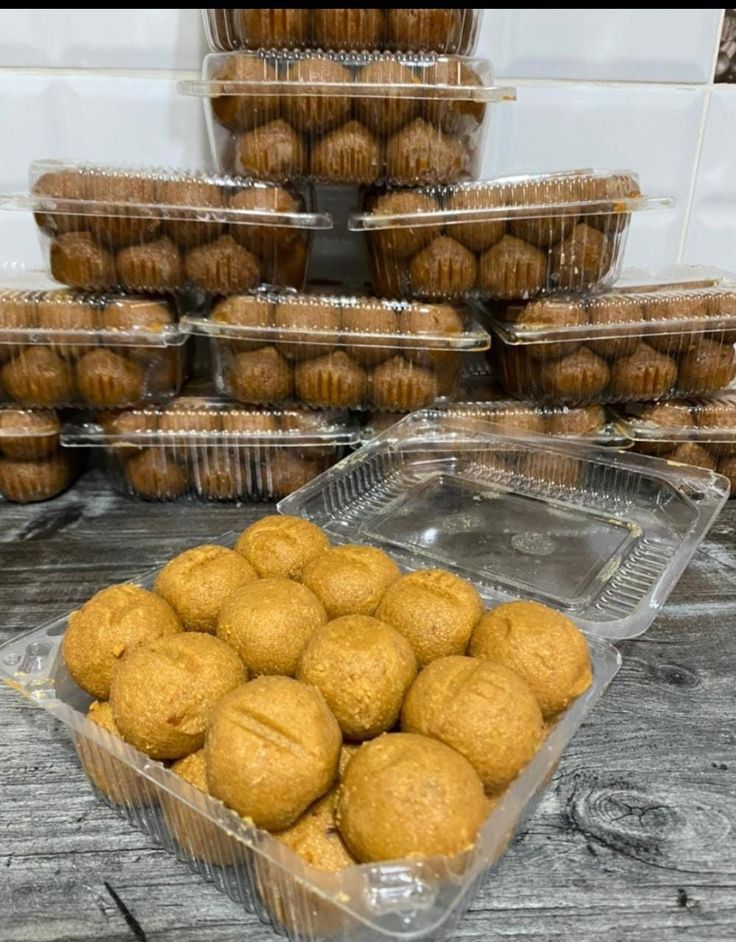
Nutritional Value of Dankwa
Dankwa is not just a tasty snack—it is also highly nutritious. Its main ingredients contribute to its health benefits:
-
Groundnuts (Peanuts): Provide protein, healthy fats, magnesium, and Vitamin E.
-
Cornmeal (Maize Flour): Rich in carbohydrates, fiber, and B vitamins, making it an excellent source of energy.
-
Sugar (or honey in some variations): Adds sweetness and quick energy.
-
Spices (ginger, cloves, nutmeg, etc., optional): Provide antioxidants and flavor.
Dankwa is a high-energy snack, making it suitable for school children, travelers, and workers who need quick nourishment on the go.
Preparation of Dankwa
The preparation process is simple, traditional, and does not require cooking:
-
Roasting: Groundnuts are roasted until golden brown and then finely ground into a powder or paste.
-
Mixing: Roasted cornmeal is blended with groundnut powder in a bowl.
-
Sweetening: Sugar (or honey) is added for sweetness. Some recipes also include powdered milk for richness.
-
Binding: A little water or honey is sprinkled to help the mixture bind together.
-
Shaping: The mixture is kneaded and shaped into small balls, cubes, or pressed into molds.
-
Storage: Dankwa is stored in airtight containers to preserve freshness.
This simple method makes it possible for Dankwa to be prepared at home or on a small commercial scale.
Cultural Significance
Dankwa holds an important place in West African food culture:
-
Schoolchildren’s Snack: Dankwa is often sold near schools because it is affordable, filling, and nutritious.
-
Street Food: It is a popular street snack, packaged in small nylon wraps or containers.
-
Festivals & Gatherings: Dankwa is sometimes prepared during family events, local ceremonies, or shared as a homemade treat.
-
Rural Communities: In villages, Dankwa remains a staple snack due to its easy preparation and availability of ingredients.
Export Potential of Dankwa
Dankwa has strong export potential, especially in markets with large African and Caribbean communities abroad (UK, USA, Canada, and parts of Europe). It can be positioned as an ethnic snack with health benefits.
Packaging for Export:
-
Airtight plastic jars or resealable pouches
-
Small sachets for single servings
-
Labeling with nutritional information, best-before date, and country of origin
Export Form:
-
Ready-to-eat snack (most common)
-
Bulk powdered form for repackaging
UK & Global Market Demand:
With the rise of Afro-Caribbean stores and the growing demand for traditional African foods, Dankwa can be marketed as both a cultural heritage snack and a healthy, natural alternative to processed sweets.
Uses of Dankwa
-
Quick Energy Snack: Ideal for students, workers, and athletes.
-
Travel Snack: Long shelf life makes it suitable for journeys.
-
Healthy Treat: A better alternative to sugary candies.
-
Gift Packs: Can be packaged attractively for festive hampers.
Business Opportunities in Dankwa
Entrepreneurs can take advantage of the rising demand for African snacks by producing and packaging Dankwa for local and international markets. Key opportunities include:
-
Local Market Sales: Supplying to schools, markets, and supermarkets.
-
Export Business: Supplying to African shops abroad.
-
Online Sales: Marketing via e-commerce platforms targeting diaspora communities.
-
Product Innovation: Introducing variations such as:
-
Dankwa with honey instead of sugar (healthier option).
-
Spiced Dankwa (ginger, cinnamon, or chili-infused).
-
Milk Dankwa (enriched with milk powder for extra creaminess).
-
HS Code for Dankwa (Snack Classification)
Since Dankwa is a processed food snack made from groundnuts and cereals, it can fall under the Harmonized System (HS) codes for prepared foods:
-
HS Code 2008.11 – Groundnuts (peanuts), prepared or preserved.
-
HS Code 1904.90 – Prepared foods obtained from cereals (other than breakfast cereals).
-
HS Code 2106.90 – Other food preparations not elsewhere specified.
In summary: Dankwa is a traditional, healthy, and affordable African snack with rich cultural heritage and growing international market demand. With proper packaging, branding, and quality control, Dankwa can become a leading African export snack alongside Kuli-Kuli and Chin-Chin.

